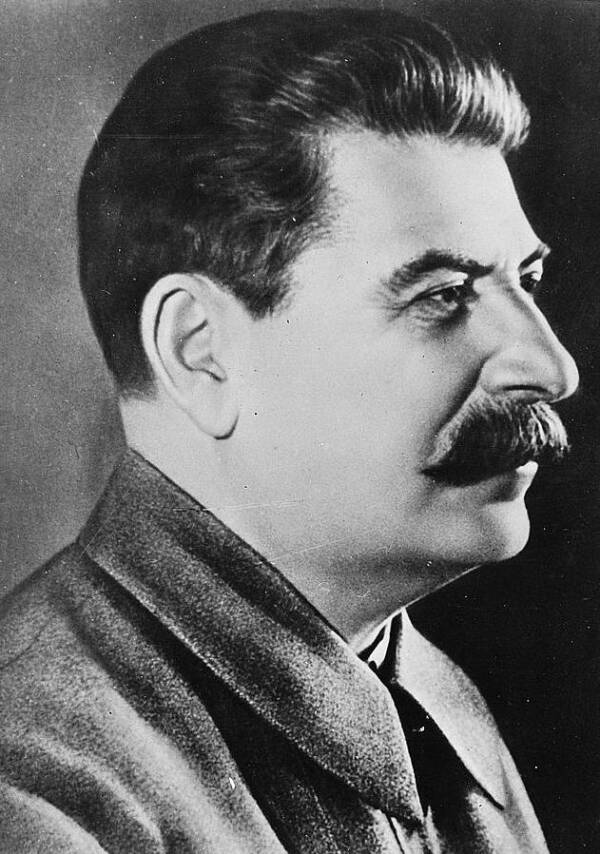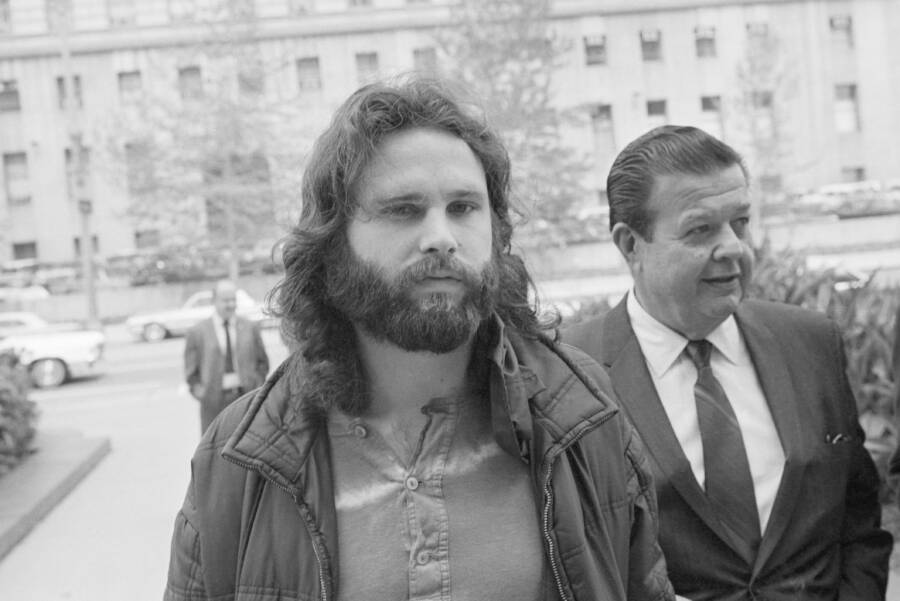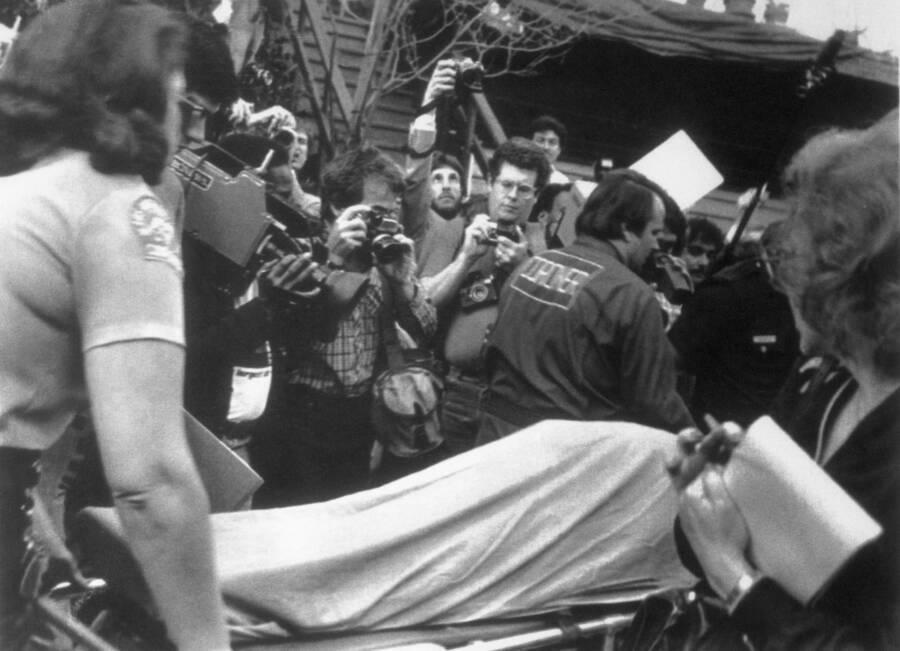What happened today in history: The Boston Massacre takes place in 1770, Joseph Stalin dies in 1953, and more key events that happened on March 5th.
1133: King Henry II Of England Is Born
Henry II, who served as King of England from 1154 to 1189, is born in Le Mans, France. Henry was the first king of the House of Plantagenet, which would rule for the next 300 years. He was known for expanding England’s realm and laying the foundation for English Common Law. Henry’s marriage to Eleanor of Aquitaine produced eight children, including the future King Richard I.
1770: The Boston Massacre Takes Place
The Boston Massacre breaks out in Massachusetts, leaving five colonists dead. British troops were stationed in order to enforce Britain’s tax laws, which were unpopular among colonists. On the day of the massacre, a crowd of Patriots was violently threatening a British soldier, who eventually struck a colonist and called for reinforcements. One of the soldiers who arrived fired a shot, and others followed suit. Two soldiers were eventually convicted of manslaughter for the incident.
1953: Joseph Stalin Dies

Library of CongressJoseph Stalin circa 1942, about a decade before he died at his dacha.
Soviet dictator Joseph Stalin dies in Moscow at the age of 74. Four days earlier, he’d been found unconscious after suffering a stroke. Though doctors worked hard to save his life, he suffered “a difficult and terrible death.” His body was put on display in Moscow, and so many people came to view it that hundreds were reportedly killed in a crowd crush.
Listen above to the History Uncovered podcast, episode 62: History Happy Hour, March 2023, also available on Apple and Spotify.
1969: Jim Morrison Is Accused Of Exposing Himself During A Concert

Bettmann/Getty ImagesJim Morrison arrives in court to face his charges for indecent exposure.
An arrest warrant is issued for Jim Morrison, the lead vocalist of The Doors, for allegedly exposing his penis during a Miami concert a few days prior. Morrison had a history of becoming intoxicated and shouting obscenities onstage, but on March 1st, he’d reportedly asked concertgoers, “Want to see my c**k?” It’s unclear if anyone actually saw anything, but police issued a warrant for indecent exposure regardless.
1982: John Belushi Dies

Bettmann/Getty ImagesCrowds gather as John Belushi’s body is transported to the coroner’s office after his death.
Comedian John Belushi dies at the age of 33 in Los Angeles, California. Belushi was best known as an original cast member of Saturday Night Live as well as movies like The Blues Brothers and Animal House.
He struggled with drug abuse for years, and his official cause of death was combined drug intoxication. A backup singer and drug dealer named Cathy Smith admitted to injecting Belushi with a “speedball,” or a mixture of heroin and cocaine, ultimately leading to his tragic death. Smith was later convicted of involuntary manslaughter and served 15 months in prison for her actions.



